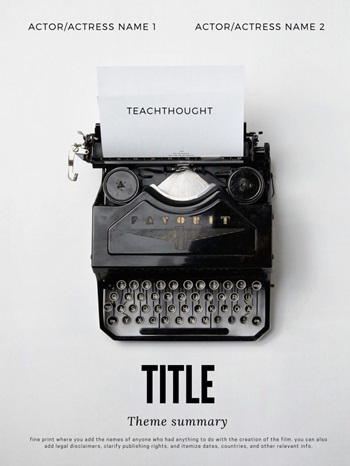Table of Contents
ToggleSeptember 5th: The Film That Changed Media Coverage Forever
The film September 5th is a powerful portrayal of a pivotal moment in history that changed the way the media covers live events. in 1972 Set against the backdrop of the Munich Summer Olympics, the film tells the gripping story of a team of American sports broadcasters who switch from sports coverage to live coverage of Israeli athletes taken hostage. This dramatic change not only affected the events of the day, but also set a precedent for how news is reported in real time, especially in high-risk situations.
Historical Context
The Munich Olympics were supposed to be about sportsmanship and celebration of international friendship. But tragic events quickly turned the games into a global crisis. As the world watched in horror, the media found themselves at a crossroads, tasked with balancing the need for timely information with the ethical implications of covering such a sensitive situation. The film 5 September captures this tumultuous period, illustrating the challenges faced by journalists and broadcasters navigating uncharted waters.
Changes in media coverage
Prior to the events in Munich, sports coverage had focused mainly on the Games themselves, emphasizing the athletes’ performances, medal tallies and national pride. But the hosting crisis forced broadcasters to quickly adapt their strategies. The film shows how an American sports team had to change its usual reporting style to deliver live news of the hosting situation, marking a significant evolution in media coverage. This transformation would affect the distribution of news for decades to come.
Key Themes of the Film
The 5th of September covers several key themes relevant to viewers, including:
- Ethical duties of journalists in crisis situations.
- Influence of live reports on public perception and international relations.
- Personal costs for victims – both journalists, both for victims .
- The evolution of media technology and its role in covering the crisis.
The reality of live reporting
As the film develops, it reveals the great pressure on broadcasters to provide accurate information while responding to the severity of the situation. The urgency of live reporting can create ethical dilemmas as journalists must decide what to share and what not to share. This moral complexity is at the heart of 9/11 and is thought-provoking for anyone interested in media ethics and responsibility in reporting live events.
Long-term effects
9/5 . the events shown have had a lasting impact on media activity today. With the rise of social media and 24-hour news cycles, the lessons of the Munich crisis continue to resonate. The film is a reminder of the powerful role of the media in shaping public opinion and influencing world events.
In today’s fast-paced world, the principles and dilemmas faced by journalists on September 5 are more relevant than ever . As we move through an era of instant information and sensationalism, the consequences of media coverage can have far-reaching consequences. The film encourages viewers to think about the importance of responsible journalism and the ethical considerations that must be taken into account when reporting on crises.
Why you should watch ‘September 5’
For Those interested in the ethics of the media and the intersection of history, The 5th of September is a must-watch experience. It provides valuable insights into how the media can influence events and the moral challenges journalists face in the field.




 39/17
39/17